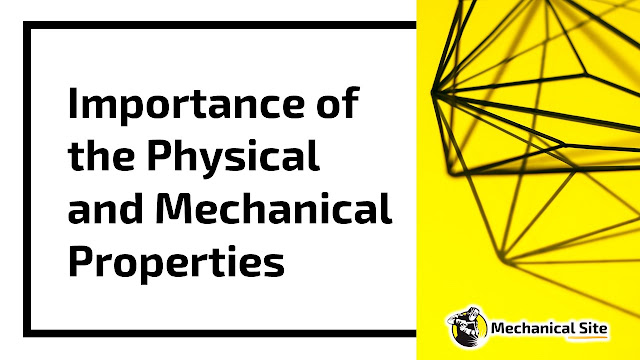What are Hydrogen Fuel Cells?

What are hydrogen fuel cells?
Hydrogen fuel cells are a type of battery that converts chemical energy into electricity. The fuel cells are made up of two electrodes, the anode, and the cathode, with a membrane between them. The anode is made of a porous material that allows hydrogen atoms to flow through it. The cathode is made of a material that reacts with oxygen to create water.How do hydrogen fuel cells work?
Hydrogen fuel cells work by combining hydrogen and oxygen atoms to create water. The chemical reaction between hydrogen and oxygen creates an electrical current that can be used to power electric motors or to power other devices.
How are hydrogen fuel cells different from other batteries?
Hydrogen fuel cells are different from other batteries because they can produce electricity for a long time without needing to be recharged. Other batteries, such as lead-acid batteries, must be regularly recharged in order to continue producing electricity.Why are hydrogen fuel cells considered to be a clean energy source?
Hydrogen fuel cells are considered to be a clean energy source because they do not produce emissions when they are operating. emissions from hydrogen fuel cells are only produced when the hydrogen is being extracted from the environment, such as from natural gas wells.What are the benefits of using hydrogen fuel cells?
The benefits of using hydrogen fuel cells include the fact that they are a clean energy source, they are efficient, and they can provide a long-term power source.What is better: hydrogen or electric-powered cars?
There are a few different factors to consider when deciding whether hydrogen or electric-powered cars are better. One is the cost of each type of car. Hydrogen cars are typically more expensive than electric cars. Another factor is the range of each type of car. Hydrogen cars typically have a longer range than electric cars. Finally, there is the issue of refueling. It is typically easier to find a place to recharge an electric car than it is to find a place to refuel a hydrogen car.
Why are hydrogen fuel cells so expensive?
There are a few reasons why hydrogen fuel cells are more expensive than traditional gasoline-powered cars. First, the infrastructure to support hydrogen fuel cells is not as developed as that for gasoline. This means that there are fewer places to fill up your car with hydrogen, and the equipment to do so is more expensive. Second, hydrogen fuel cells themselves are more expensive than gasoline engines. This is because they are a newer technology, and the manufacturing process is not as efficient yet. Finally, the market for hydrogen fuel cells is still relatively small, so there are not as many economies of scale.All of these factors combine to make hydrogen fuel cells more expensive than gasoline cars. However, costs are coming down as the technology improves and the market grows. In the future, hydrogen fuel cells may well be the more affordable option.
What is the process of producing hydrogen fuel?
There are a few different ways to produce hydrogen fuel, but the most common way is through electrolysis. In electrolysis, an electric current is used to split water molecules into their components hydrogen and oxygen atoms. The hydrogen atoms can then be used as fuel, while the oxygen atoms are released into the atmosphere. Hydrogen fuel has a few advantages over traditional fossil fuels. First, it is cleaner burning fuel, meaning that it produces less pollution when burned. Second, it is a renewable resource, meaning that it can be produced indefinitely. Finally, it is more efficient than gasoline, meaning that more energy can be produced from a given amount of hydrogen fuel than from the same amount of gasoline.
What is the future of hydrogen fuel cells?
- The future of hydrogen fuel cells is quite promising. This renewable energy source has the potential to completely revolutionize the way we power our homes and businesses. Not only is it clean and environmentally friendly, but it is also highly efficient.
- One of the biggest challenges facing the widespread adoption of hydrogen fuel cells is the cost. Currently, they are quite expensive to produce. However, as technology improves and mass production increases, the cost is expected to come down significantly.
- Another challenge is the infrastructure. In order for hydrogen fuel cells to be used on a large scale, we need to have a comprehensive network of refueling stations. This is a costly undertaking, but once in place, would make hydrogen a very viable alternative to traditional fossil fuels.
- The future of hydrogen fuel cells looks very bright. With continued research and development, this clean and renewable energy source could soon become the primary way we power our world.






